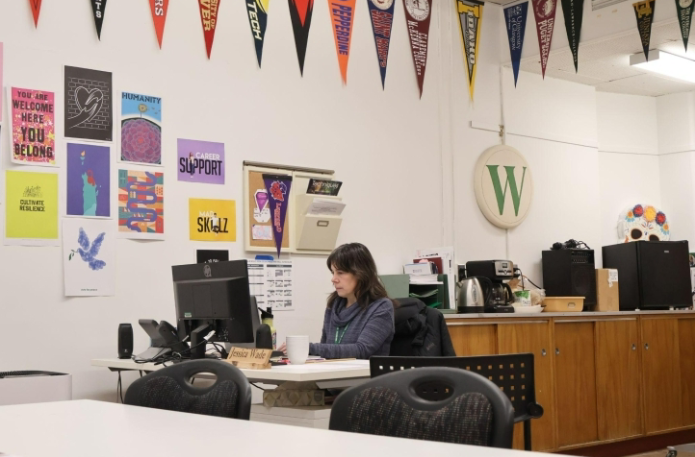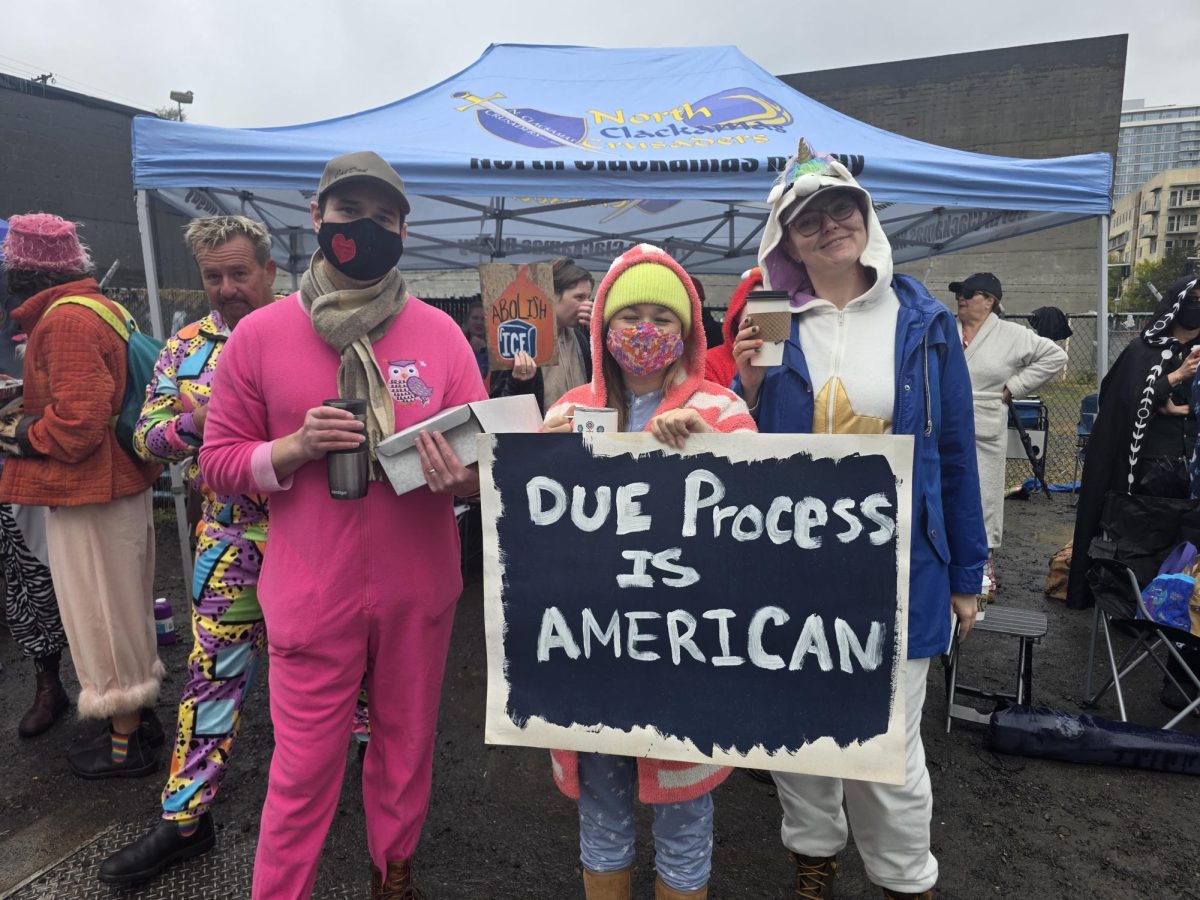The U.S. government, under the Trump administration, is stepping up immigration enforcement with plans to detain migrants at the Guantánamo Bay detention camp, commonly known as Gitmo (which also refers to the naval base), expanding the facility to hold up to 30,000 people for deportation. This raises serious human rights concerns, especially considering Guantánamo’s history of human rights abuses, indefinite detention and lack of due process. After 9/11 It was used to detain Muslim militants and suspected terrorists captured by U.S. forces in Afghanistan, Iraq, and other locations. The facility became a global focal point of controversy due to allegations of detainee mistreatment, including violations of legal rights under the Geneva Conventions and accusations of torture by U.S. authorities.
It became notorious for holding terrorism suspects without trial along with subjecting detainees to torture methods like waterboarding and sleep deprivation. Reports, including the 2014 Senate Torture Report, and organizations like Amnesty International have condemned these practices. From the U.S. Department of Defense, Pete Hegseth the Defense Secretary was talking about the first 10 people they have put into the detention camp, stated “We want somewhere else to hold them safely in the interim — criminal illegals — Guantánamo Bay … is a perfect place,” Hegseth said last week during an interview. He also noted that he served at that installation from 2004 to 2005. He also said “It’s folks who may be in transit to their home country or a safe third harbor country, and it’s taking a little time to move with that processing and with the paperwork,” when talking about non-criminals. “Better they be held at a safe location like Guantánamo Bay,” he later said.
The Supreme Court’s Boumediene v. Bush ruling confirmed detainees’ rights to challenge their detentions, exposing the systematic denial of legal rights. The United Nations has also condemned these actions as violations of international law. These examples highlight the dangers of U.S. Immigration and Customs Enforcement’s (ICE) approach, showing the need for stronger protections against human rights abuses. Many schools have sanctuary policies, but their approaches vary by district and state. In Oregon, a sanctuary state, immigrant communities are feeling the uncertainty, not knowing what to expect next. Even though the federal government is pushing for stronger enforcement, Oregon’s laws are pulling in the opposite direction, leading to growing tension.
Schools are meant to be safe spaces, but with ICE increasing enforcement, people are questioning whether they can enter schools. Under a policy called “sensitive locations,” ICE is not supposed to make arrests in places like hospitals or churches; However, this doesn’t mean it never happens, sometimes ICE agents wait outside school grounds to detain parents, or they work with local law enforcement or school resource officers to get information about students and their families.
Even though Oregon is a sanctuary state, which means public institutions, including schools, can’t cooperate with federal immigration enforcement, the fear of ICE raids is growing. Some schools have taken extra steps to protect students, refusing to cooperate with ICE and training staff on how to respond if agents show up. In Portland Public Schools (PPS), the school board passed a resolution emphasizing the district’s commitment to protecting students’ rights. PPS stated that allowing ICE on school property would disrupt the safe environment that students need to succeed.
Although no confirmed ICE raids have happened in Ida B. Wells, the fear of potential raids has led to some students staying home. Educators all over Oregon are getting ready to support students and families who may be affected by immigration enforcement. PPS has a clear policy of non-cooperation with ICE, refusing to provide information or assist with immigration enforcement without a court order. ICE agents are not allowed access beyond the front office, ensuring that schools remain safe for everyone. If you or someone you know encounters ICE, here are some important steps to stay safe:
How to Stay Safe:
- Know your Rights: ICE cannot enter school grounds without a warrant signed by a judge. Schools are considered “sensitive locations” and should not allow ICE actions on campus.
- Stay Calm: If ICE agents are near your school or interacting with your family, remain calm. School staff are trained to follow safety protocols in these situations.
- Protect your Information: Your school cannot ask for or share your immigration status without your consent. Keep your personal information private. Document Interactions: If you witness or are involved in an encounter with ICE, try to document the situation if it’s safe to do so. This can provide evidence if needed.
- Know your School’s Policies: Many schools, like PPS, have specific policies about not cooperating with ICE and protecting student rights. Familiarize yourself with these policies.
- Have a Family Plan: If you or your family members are undocumented, have an emergency plan in case of a raid. Know your legal rights and have contact information for legal support. Stay Informed: Follow local news and school updates regarding ICE actions in your area, and keep up to date with any changes in immigration policies.
The Trump administration’s plan to detain migrants at Guantánamo Bay raises serious human rights concerns, given the facilities’ troubling history of abuse and indefinite detention. The expansion of immigration enforcement has sparked fear among immigrant communities, particularly in sanctuary states like Oregon, where schools are taking proactive steps to protect students. Despite federal pressures, districts like Portland Public Schools have reaffirmed their commitment to student safety by refusing to cooperate with ICE. However, the fear of enforcement still lingers, disrupting lives and education. In these uncertain times, it is crucial to stay informed, know your rights, and have a plan in place. Ensuring that schools remain safe havens for all students is essential in upholding the values of dignity, education and human rights.















